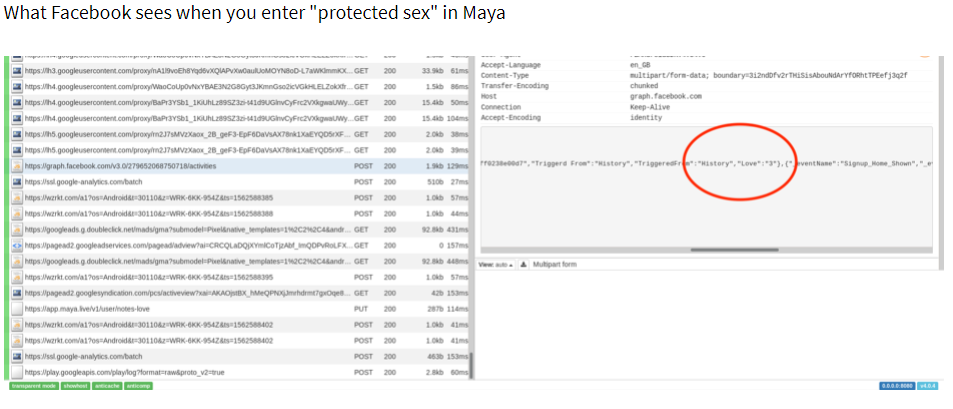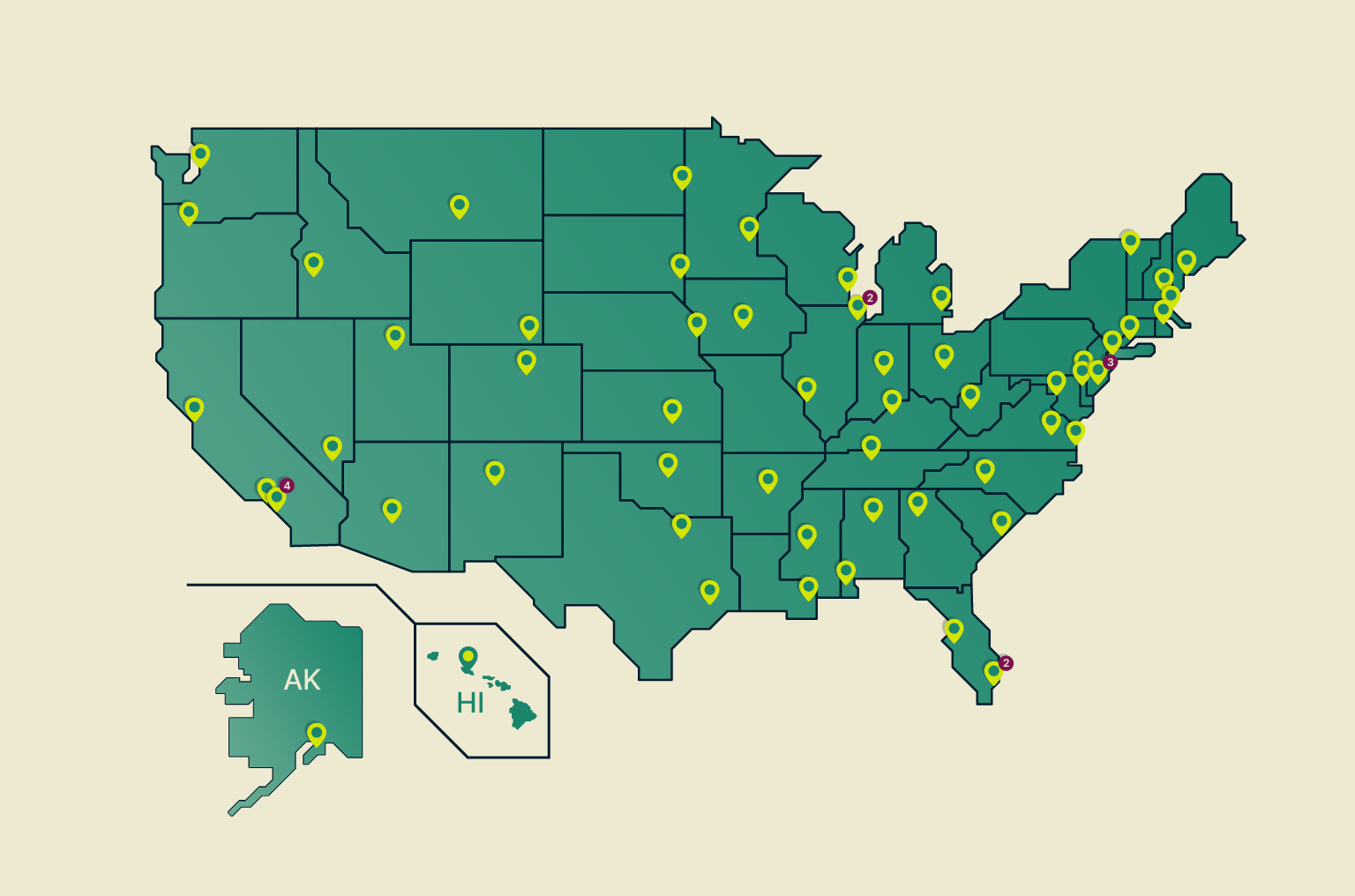
Facebook Knows When You’re Having Sex Through Your Period Tracker
- Privacy International finds that there are many period tracking apps that are still sharing your data with Facebook.
- They first revealed this data privacy problem back in December 2018, but it has not been resolved yet.
- GDPR should empower users to put pressure on the apps, while regulators should enforce the law immediately.
As reported by “Privacy International”, Facebook gets to know of everything that you are logging onto your menstruation apps (period trackers). Even if you haven’t connected the app with your Facebook account, and even if you don’t have a Facebook account at all, the social media giant still gets to see what you are telling the menstruation app about your period, sex life, and all that goes with it. The organization has tested 36 apps of this kind and found that 61% of them automatically transfer your sensitive personal data to Facebook upon their launch.
This data transfer is made possible thanks to the Facebook Software Development Kit (SDK) that these apps deploy. This process is meant to help developers figure out what their audience likes and receive analytics that will help them improve their product. In addition to this, the SDK can also help developers make a buck by sharing this data with Facebook. The social media platform is then using shared data to target the user with personalized ads. A simple example would be to push maternity product ads on women who have had their period stopped due to a pregnancy.
Privacy International initially carried out this study back in December 2018, and the public exposure and backlash forced 2/3 of the apps to update their products and promise better privacy. The organization revisited their testing process to see what has changed, and they can now confirm that popular apps like Clue by Biowink, Period Tracker Flo by Flo Health, Period Tracker by Simple Design, Period Tracker by GP International LLC, and Period Tracker by Leap Fitness Group are all safe to use. However, some still share your data with Facebook, and the most popular examples are Maya by Plackal Tech, MIA by Mobapp Development Limited, My Period Tracker by Linchpin Health, Ovulation Calculator by Pinkbird, Period Tracker by GP International LLC and Mi Calendario by Grupo Familia.
Source: sensorstechforum.com
As most of these apps offer the ability to keep a “diary” with the details of your sex life, health, and habits, the data that is shared with Facebook is very sensitive. From there, having them leaked to other entities is also a possibility, although Facebook promises they’re not doing that anymore. As for the law, if you’re in Europe, GDPR should be protecting you from this process, and you have the right to file a complaint to the official data privacy regulators of your country. Of course, the apps that are based in Europe are legally bound to comply with GDPR, but the enforcement of the law is problematic as it seems. For users from the rest of the world, opt out of personalized advertising, don’t use Facebook to log in to the apps, and reset your advertising ID regularly.
Are you using one of the “risky” menstruation apps? Are you planning to switch to a safer one? Let us know in the comments down below, or on our socials, on Facebook and Twitter.






